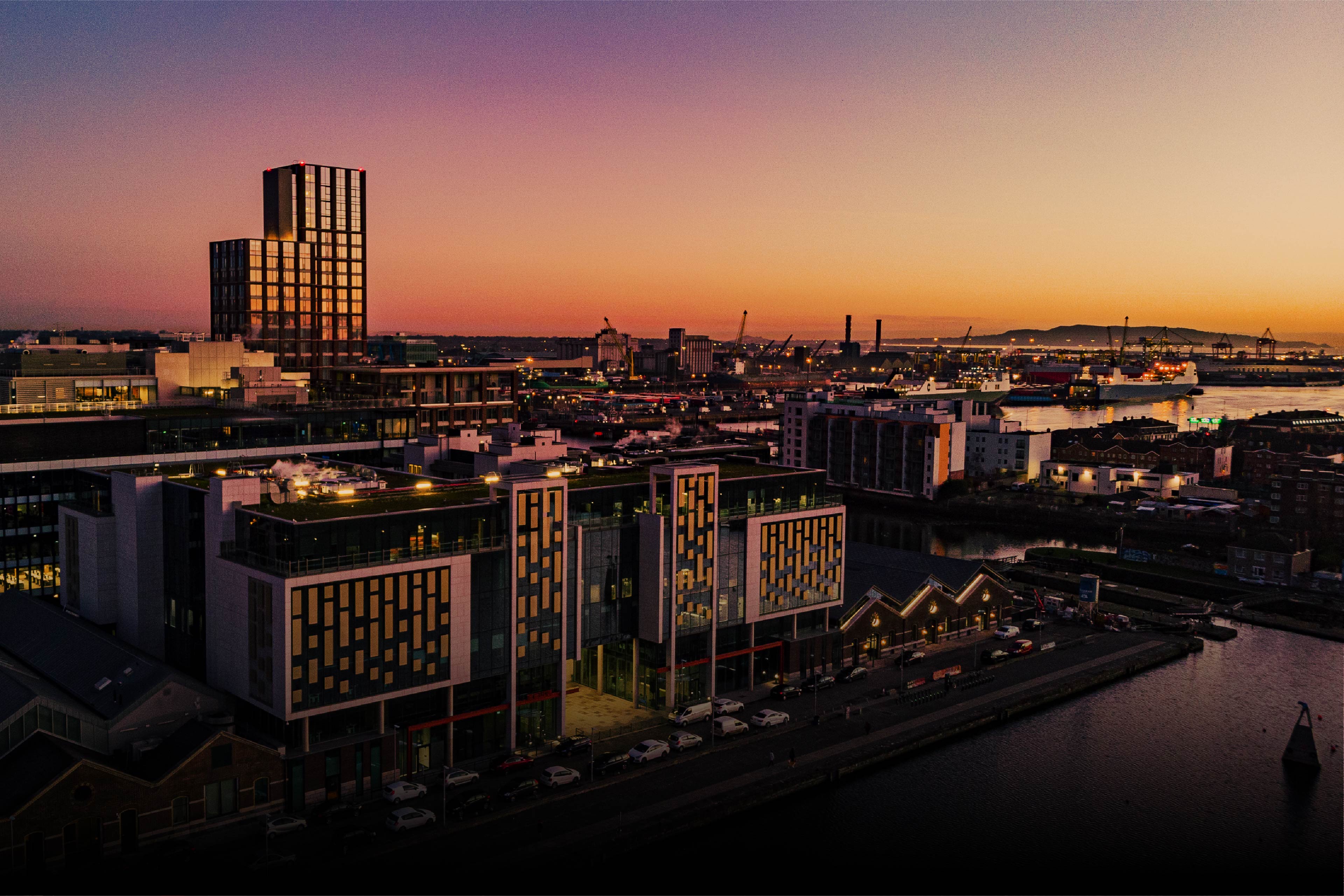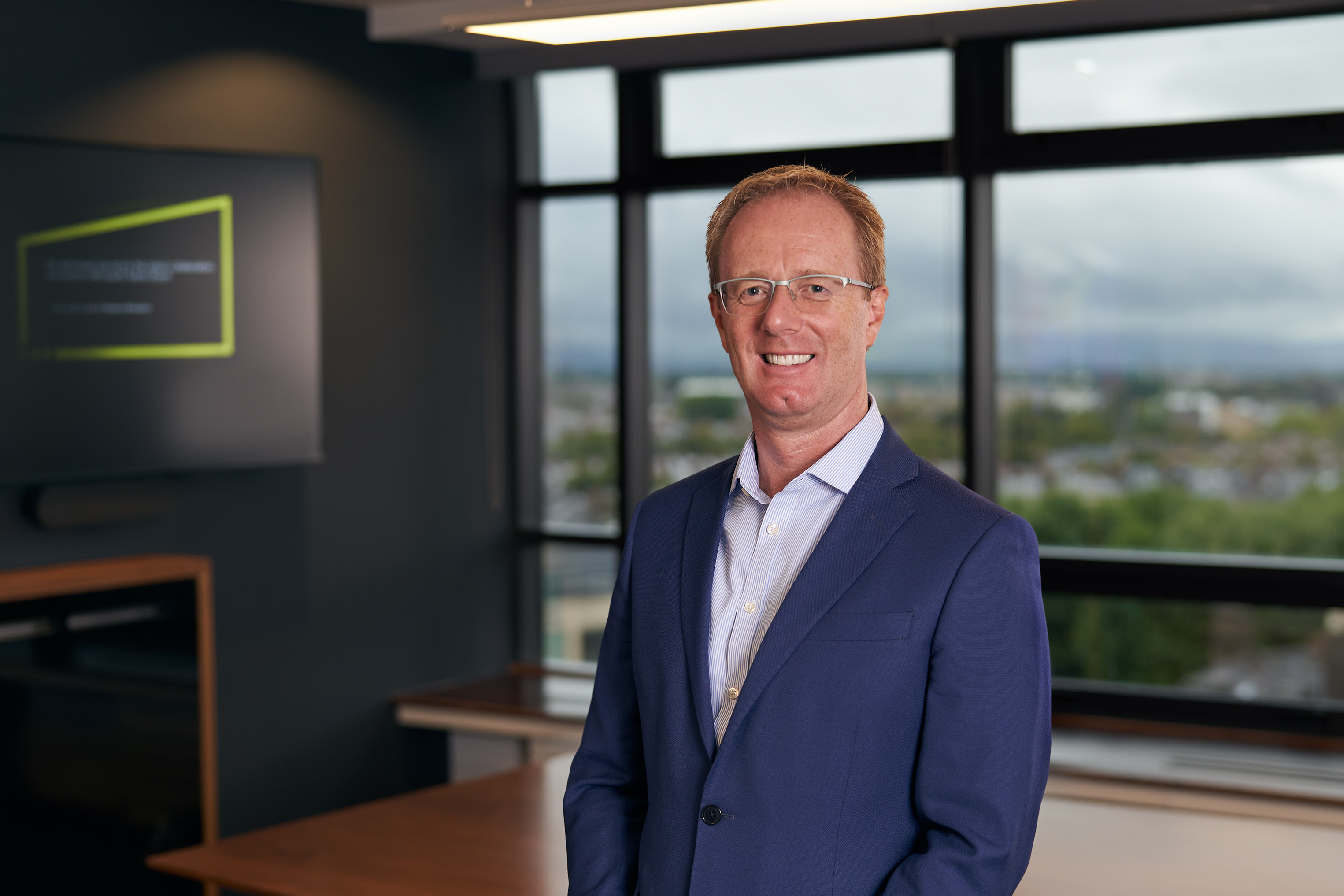“For corporates, structural changes and investor activism have driven large scale M&A. The pandemic has brought about some changes that are here to stay in the medium to long term, in particular with regards to the way many of us work, shop and live. Businesses need to react to maintain and gain market share. Post pandemic our world is facing many other challenges such as rising geopolitical tensions and climate change. Often, corporates need to react quickly and where time is of the essence, inorganic growth through M&A is essential,” said Grit Young, M&A partner at EY Ireland.
Despite the record-breaking year for transactions in 2021, 97% of Irish CEOs in our survey said that they either failed to complete or cancelled a planned deal during the year, primarily because of the pandemic, or regulatory or government intervention. Additionally, while M&A may be a favoured tool for accelerating growth, 42% of Irish CEOs indicate that they plan on reshaping their businesses through organic investment.
The environmental, social and governance (ESG) agenda will be a key driver of future change. For CEO dealmakers across all sectors, ESG and sustainability concerns are becoming increasingly important (see chart below).
There are two key reasons for this. First, businesses need to address changing customer needs and sentiments around ESG. Second, they increasingly need to report to investors how they are aiming to address and measure ESG targets. Not addressing investor concerns, at a time when about 40% of the world’s funds have vouched to stop investment in polluting industries⁵, is likely to lead to a higher cost of capital and may also impact funds for future investments.

















